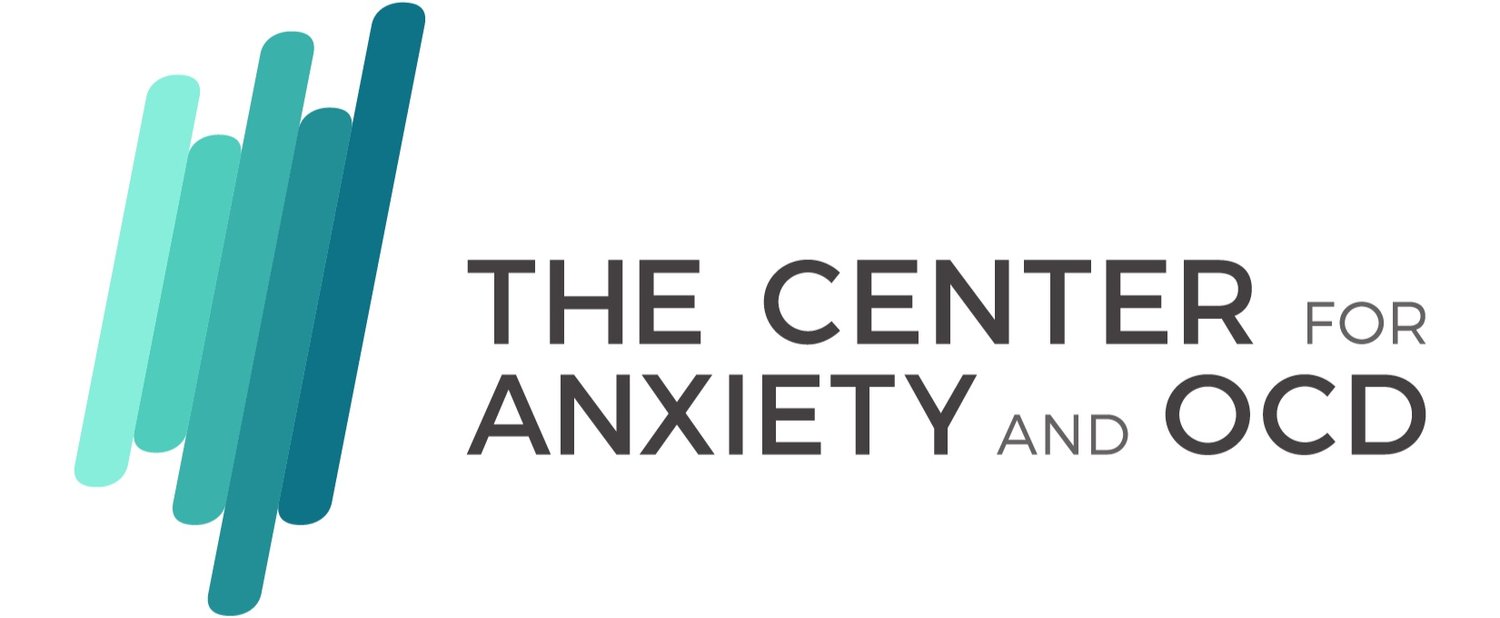
Hypochondriasis
Also known as health anxiety or somatic symptom disorder, hypochondriasis is an anxiety disorder in which the sufferer worries that they have a life-threatening disorder or are missing important physical signals of ill-health. Often triggered by normal bodily aches and pains, a person suffering with hypochondriasis will perceive these normal pains as signs of impending doom, and might make multiple trips to doctors or hospitals to gain reassurance. Even when the sufferer is cleared by a doctor, their fears may persist and they will have to seek multiple opinions which never seem to be conclusive enough to quell the anxiety they feel. It is common for those suffering from this anxiety disorder to worry they may have AIDS, HIV, ALS, Lou Gehrigs disease, or other types of neurological or terminal conditions. A preoccupation with needing to know if one is healthy or not can cause significant distress and dysfunction both personally and professionally, and keep the sufferer in a seemingly endless loop of anxiety and fear.
Common compulsions in Hypochondriasis
Excessive googling or time spent on WebMD looking at symptoms
Constant checking or touching of the parts of the body where the pain is perceived
Seeking reassurance from friends, doctors, and family members
Ruminating on what your body felt like before the pain started
Ruminating on what life could be like if you were to receive your feared diagnosis
Hyper-vigilance towards any perceived change in body sensations or levels of fatigue
Treatment for Hypochondriasis
When we concentrate on a certain body part excessively, or when we touch or prod them repeatedly, we can create sensation in that location. The more focus we bring to bodily sensation, the greater it becomes. Often, those with health anxiety will interpret this phenomenon as a sign that their symptoms are getting worse and they may become quite anxious and distressed as they focus even more on the perceived pain point- a cycle of fixation that must be broken for recovery to be successful. Thankfully, health anxiety is highly treatable and can be addressed through a combination of cognitive behavioral therapy (CBT), acceptance and commitment therapy (ACT), and exposure with response prevention (ERP). With the proper treatment strategy, you will learn how to manage your intrusive thoughts and slowly re-define your relationship to illness anxiety, regaining a more comprehensive sense of what it means to be and feel healthy.
